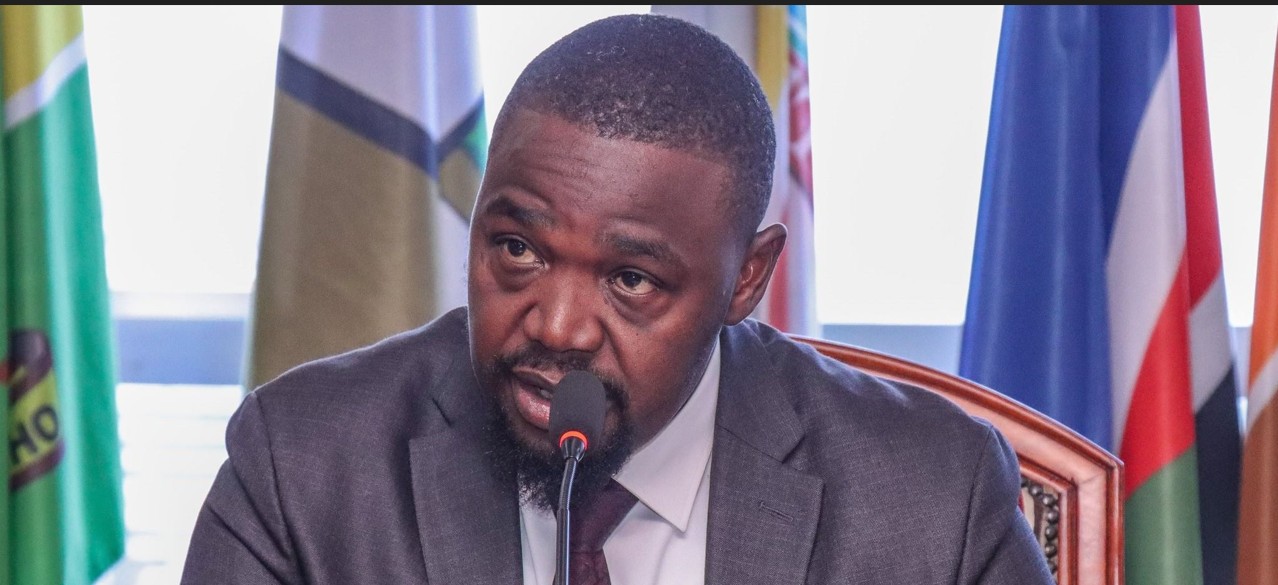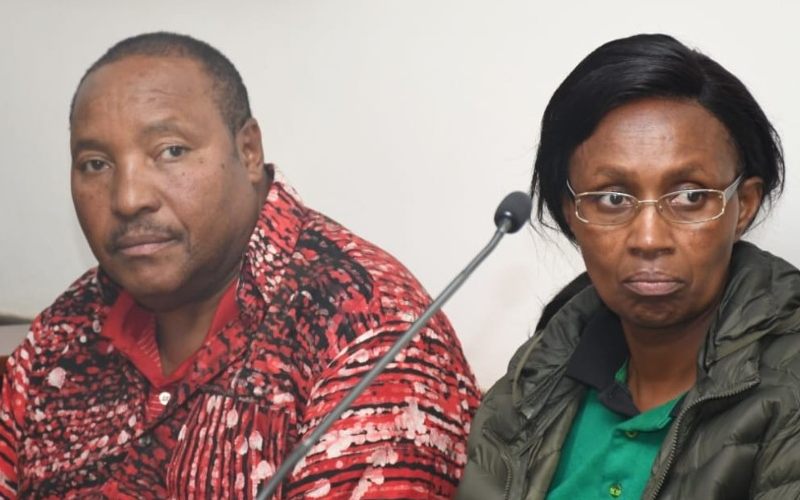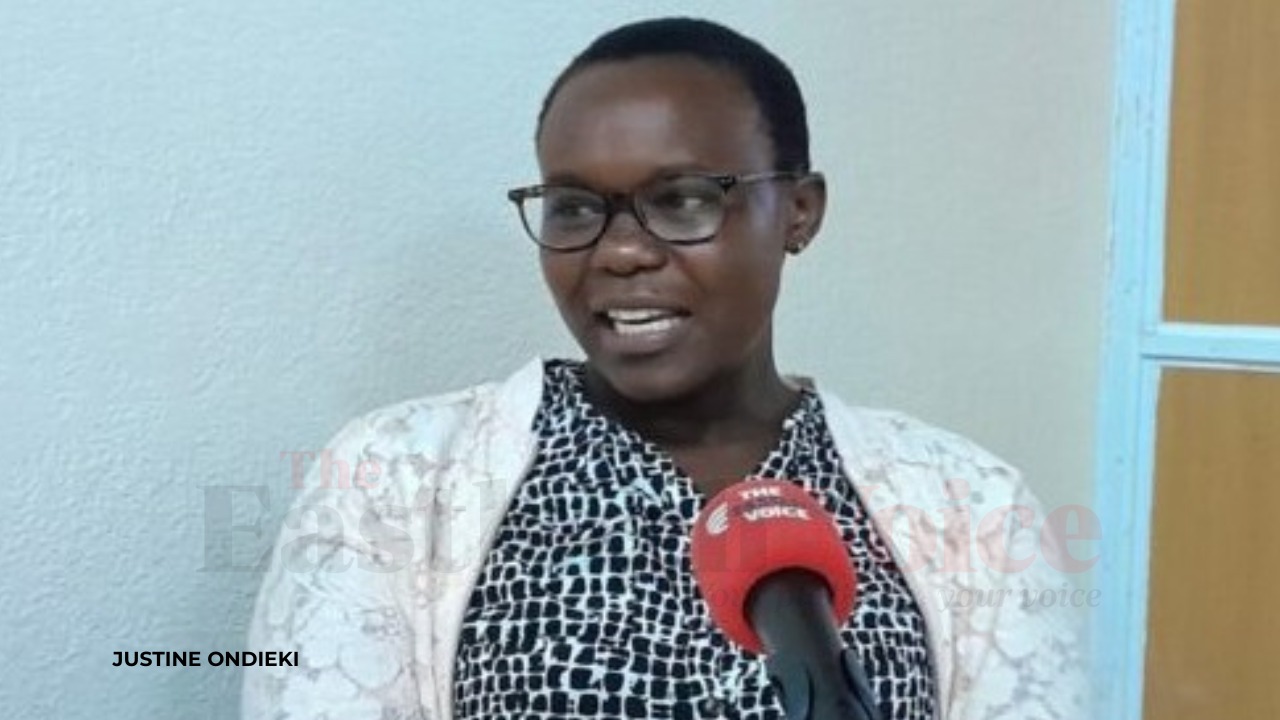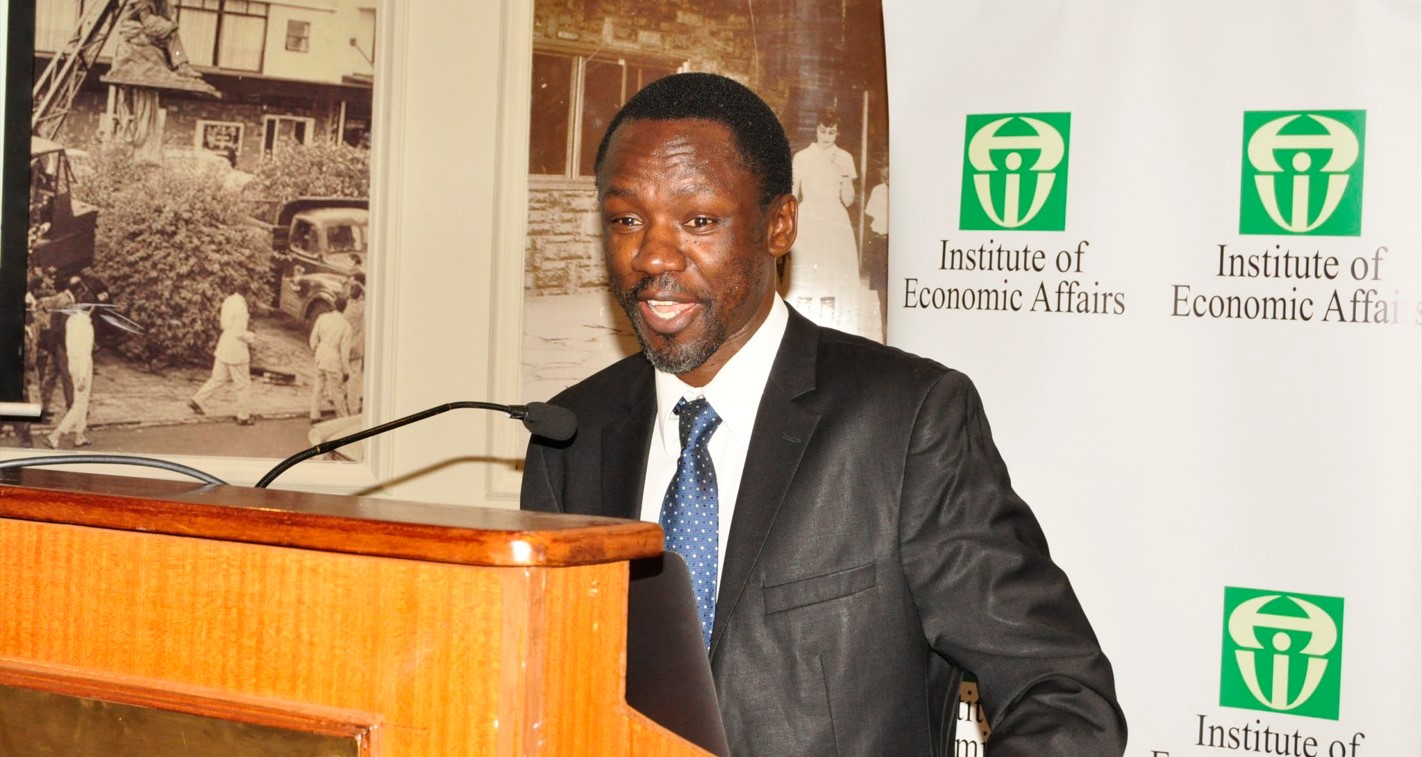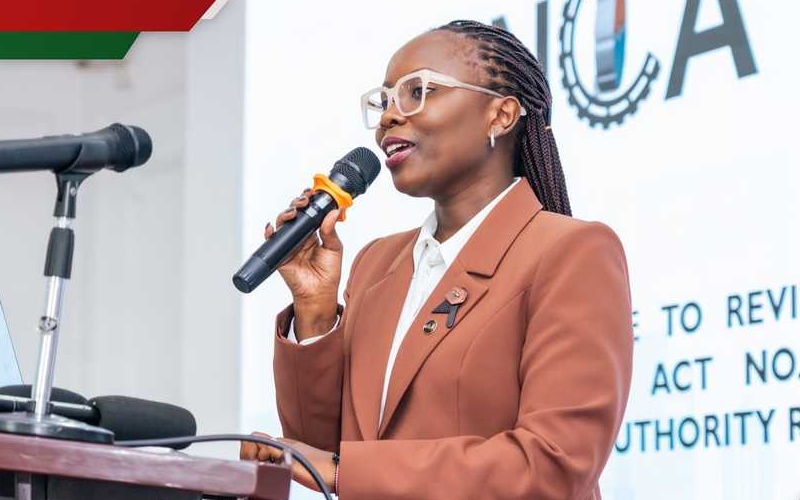Somali youth stranded at Brazil's airport due to new refugee policy
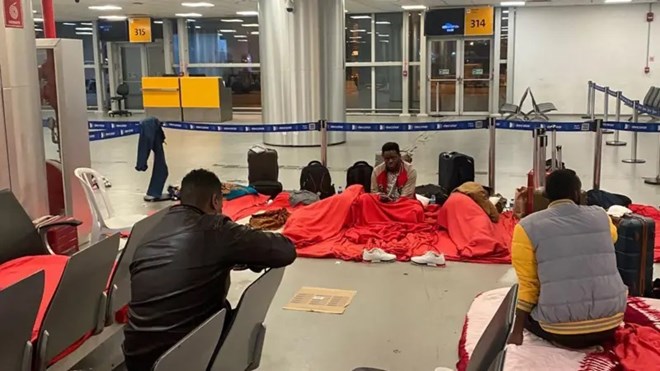
Adding to their difficulties is the lack of a Somali embassy in Brazil, which leaves the youths without access to diplomatic support.
A group of Somali youths have been stranded at São Paulo International Airport for more than a week following Brazil's implementation of a revised refugee policy.
The group, which had travelled from South Africa with the intention of continuing to the United States, has been unable to enter Brazil due to the new immigration rules. Upon arrival, they were instructed to remain at the airport while authorities reviewed their situation.
More To Read
- South Africa arrests, deports seven Kenyans linked to US Refugee programme
- Kiunga celebrates 30 years of peaceful coexistence between locals and Somali refugees
- M23 rebels capture eastern DR Congo city of Uvira as thousands flee to Burundi
- Trump faces rising backlash over remarks targeting Somali immigrants
- Kenya’s refugee population hits 860,000 as State pushes integration plan
- African Commission hails Côte d’Ivoire’s move to protect displaced populations
Brazil's updated refugee policy came into effect on August 26. The new law temporarily suspends the admission of new asylum seekers, a measure the Brazilian government has introduced to manage the increasing number of refugees entering the country.
The Somali youth arrived in São Paulo just after the policy was enforced, leaving them in legal uncertainty.
The group of 18 arrived at the end of August, only to discover that the rules had changed. Since then, they have been waiting at the airport, uncertain of when or if they will be granted entry. Despite their situation, some remain hopeful.
Amir Nur Ali, one of the stranded youths, told the BBC, "We are hopeful that we will be accepted as refugees, though things have not gone as we had anticipated."
The group faces challenging living conditions at the airport. They sleep on the cold floor, with no access to blankets. "The temperature is very low, and we have no blankets," Amir said.
Brazilian authorities have visited them several times, but no final decision has been made regarding their asylum cases.
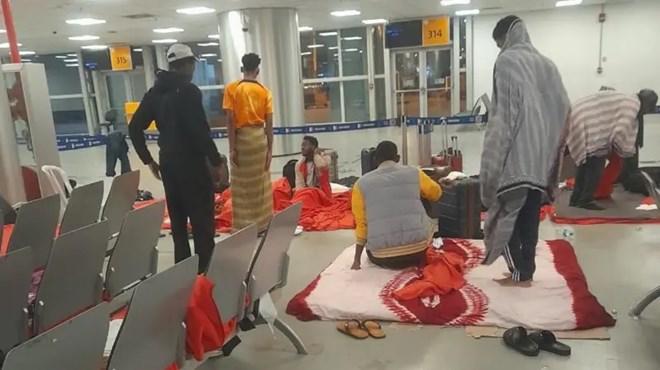 They are forced to sleep on the floor as they await the outcome of their asylum application. (Handout)
They are forced to sleep on the floor as they await the outcome of their asylum application. (Handout)
Adding to their difficulties is the lack of a Somali embassy in Brazil, which leaves the youths without access to diplomatic support. The absence of official representation complicates their efforts to resolve their legal status.
Mahad Weheliye Raan, a Somali community leader in Brazil and a researcher in criminology, said many Somalis come to Brazil on transit visas, hoping to apply for asylum upon arrival. However, with the new policy in place, these plans have been disrupted.
"The government is struggling to manage the flow of refugees, especially since Somalia lacks embassies in many Latin American countries," Mahad explained in an interview with the BBC.
They are, however, not the only youths affected by the new policy. A previous group of 12 Somalis have also been stranded at the airport for nearly 20 days. Both groups now await the outcome of their asylum applications, unsure of how long the process will take.
In the meantime, the Somali community in Brazil is offering support to those stranded. Efforts are being made to provide them with basic necessities as they wait for a decision from Brazilian authorities. The community hopes that a resolution will come soon, allowing the youths to either enter the country or continue with their journey elsewhere.
Top Stories Today



